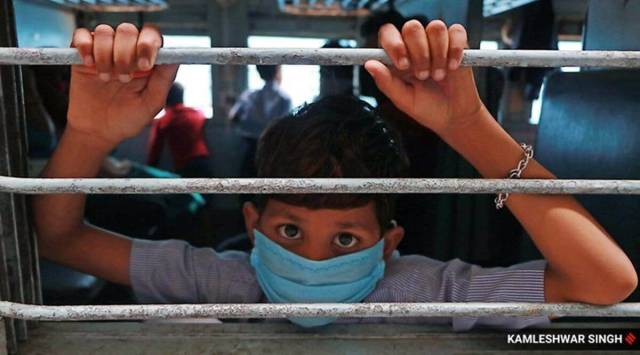District Magistrates nationwide issued 361 adoption orders between September and November, following the notification of the Juvenile Justice Rules in September, as announced by the Union Women and Child Development Ministry on Tuesday.
This marks the first wave of adoption orders issued by district magistrates (DM) since the authority to issue adoption orders was transferred from courts to DMs and ADMs by the Centre.
According to ministry officials, there were 905 adoption orders pending with courts, which has now decreased to 644 following the transfer of powers. The first adoption order issued by a DM was in Akola, Maharashtra, on October 6. Since the notification, 589 children have been adopted.
The Adoption Regulations, 2022, issued on September 23, were the result of a year-long consultation with Central authorities, state governments, state adoption regulatory authorities, and other stakeholders, according to WCD Ministry officials.
Officials stated that there were “intensive interactions” with all district magistrates, child welfare committees (CWCs), district child protection units, and specialized adoption agencies, as well as chief medical officers after the new regulations were notified. A total of 1,800 stakeholders were involved, they said.
It was also noted that adoptive parents can choose their home-states and regions to ensure that the child and the family adjust well together, belonging to the same sociocultural environment.
The new module became operational on November 10, and since then, 1,804 resident Indians, 11 NRIs, eight Overseas Citizens of India (OCI), and 28 foreigners have registered for adoption.
In order to promote in-country adoptions, a new provision has been mandated in Adoption Regulations to offer children to resident Indians, NRI, OCI, and prospective parents, regardless of their seniority, if they could not find families within their stipulated referral cycles.
The ministry also stated that the Central Adoption Resource Authority (CARA), the nodal agency for adoption of Indian children, is actively working to reduce pendency at the level of CWCs, enabling them to declare the legal status of children expeditiously as per the JJ Act.

